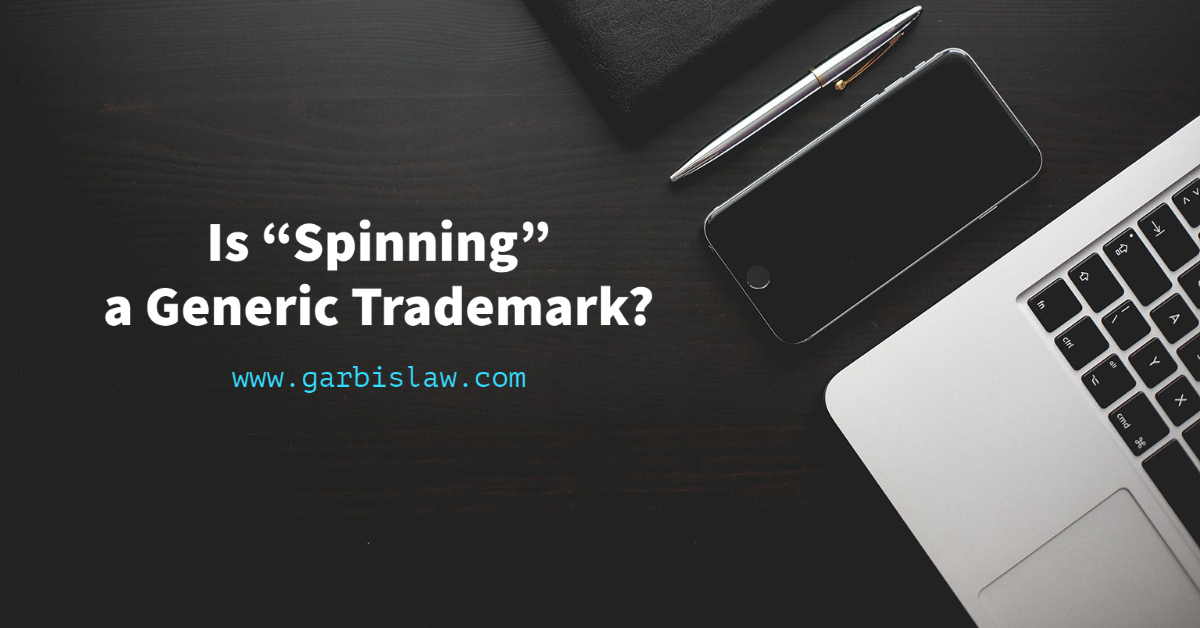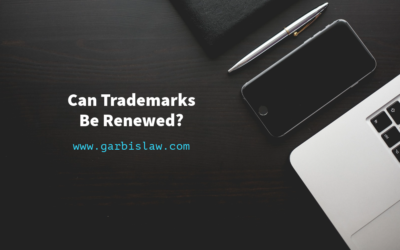Peloton, the extremely popular fitness company, has filed petitions to cancel the trademarks SPINNING, SPIN and SPIN PILATES owned by Mad Dogg Athletics. Peloton claims that the marks “are generic terms to describe a type of exercise bike and associated in-studio class.”
Mad Dogg Athletics is a California based indoor cycling company who has owned the registered trademarks for these terms since the late 90s and early 2000s. According to the petitions, Peloton claims that Mad Dogg “has spent years engaged in a bullying campaign of demand letters and litigation to force people and companies to stop using the very terms they have every right to use.”
Policing one’s trademark is an important part of actually maintaining the mark, but Peloton provides numerous instances and examples as evidence showing how the terms “spin” and “spinning” are generic in the cycling and fitness world. Peloton further states that “there would be far more uses of the terms ‘spin’ and ‘spinning’ if Mad Dogg hadn’t threatened and bullied so many companies, studios, authors, bloggers and exercise enthusiasts.”
The question here is, even with the alleged “trademark bullying,” has Mad Dogg done enough to avoid genericization of its SPINNING trademark? This will certainly be an interesting case to follow.
What is Trademark Genericide?
A trademark runs the risk of becoming genericized when the mark becomes the generic name for the goods or services it is associated with. In other words, once generic, a trademark no longer functions as a source identifier of the brand owner.
Examples of previously registered trademarks that have become generic include ESCALATOR, THERMOS, CELLOPHANE and ASPIRIN.
Why Can’t Generic Words Function as Trademarks?
Generic words cannot be registered trademarks because the general public would not associate them with one specific company. Granting a trademark on a generic term would also prohibit businesses from defining and identifying particular products or services. This would result in the trademark owner having a significant advantage over its competitors.
For example, if the generic term RESTAURANT was granted to a restaurant owner as a registered trademark, no other restaurant would be able to use the term in its name. There aren’t many alternative words to describe a restaurant and such a trademark registration would be crippling to others when marketing their restaurants.
In addition to policing your mark, proper usage of the mark and educating the public that your mark is a source identifier are helpful in avoiding genericization.
In an effort to combat its marks becoming generic, Mad Dogg has provided a whole page of trademark usage guidelines on its website, but the use of “spin” and “spinning” may be so widespread that it has crossed into the realm of generic terms.
The PILATES Trademark was Found Generic
This would not be the first time a fitness related term became generic. In the 1920s, Joseph Pilates, a German physical trainer who had developed his own training methods, emigrated to the United States. Along with his wife, Clara, he opened his first exercise studio and began teaching his training methods, which he called Pilates.
Fast forward to the early 1980s, and Pilates, Inc. obtained a registered trademark for the term PILATES. This enabled Pilates, Inc. to charge a licensing fee to those who wanted to use the PILATES name, as well as provide certification training through its studio to those who wanted to teach PILATES.
In 2000, however, after a challenge by Balanced Body, a Pilates equipment manufacturer, the United States District Court in Manhattan declared that the PILATES trademark was no longer valid. The Federal Court ruled that, like yoga and karate, Pilates is a type of exercise. As a result, the term is a generic name for a method of exercise and cannot operate as a trademark.
It will be interesting to see if the SPIN and SPINNING trademarks meet a similar fate or if Mad Dogg can successfully argue that its marks are not generic.





